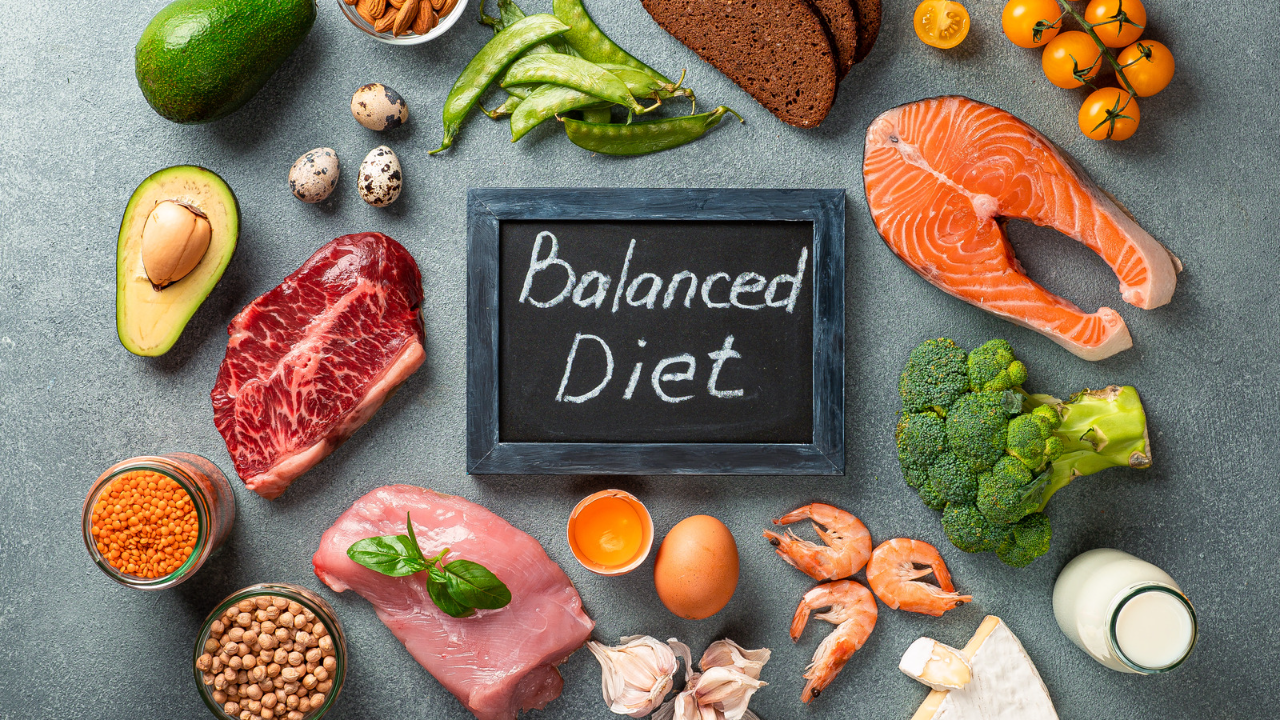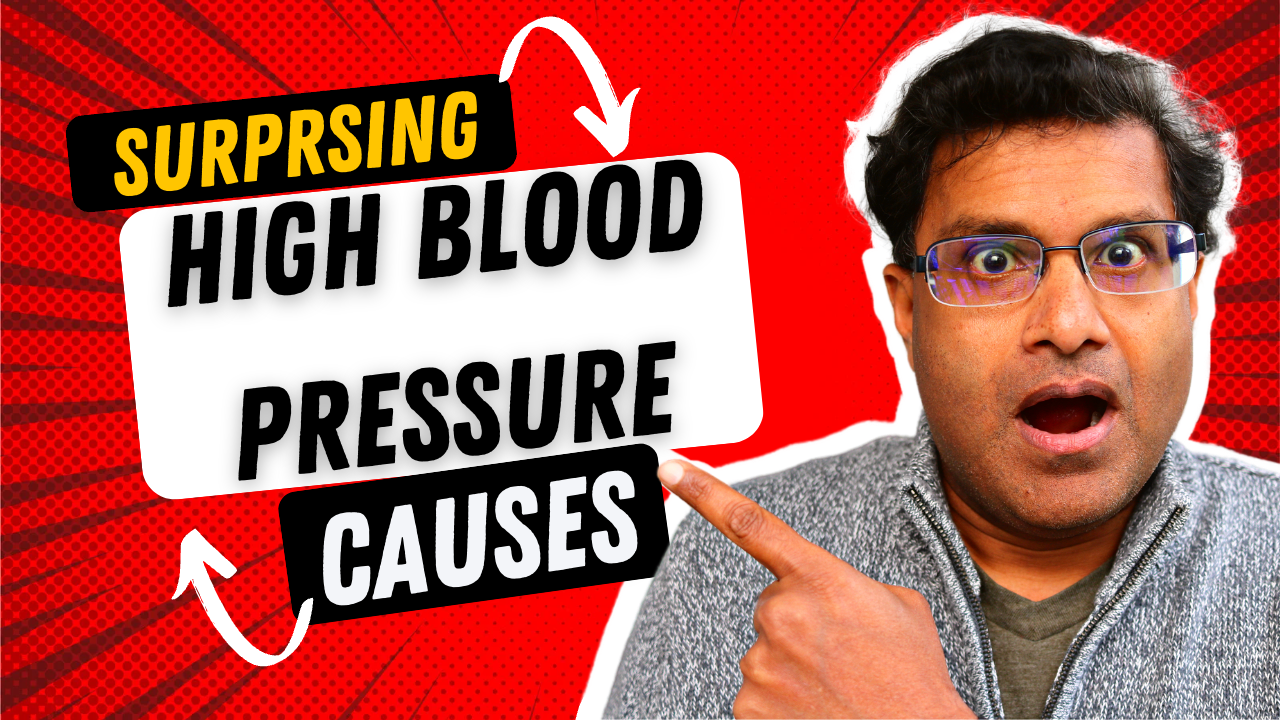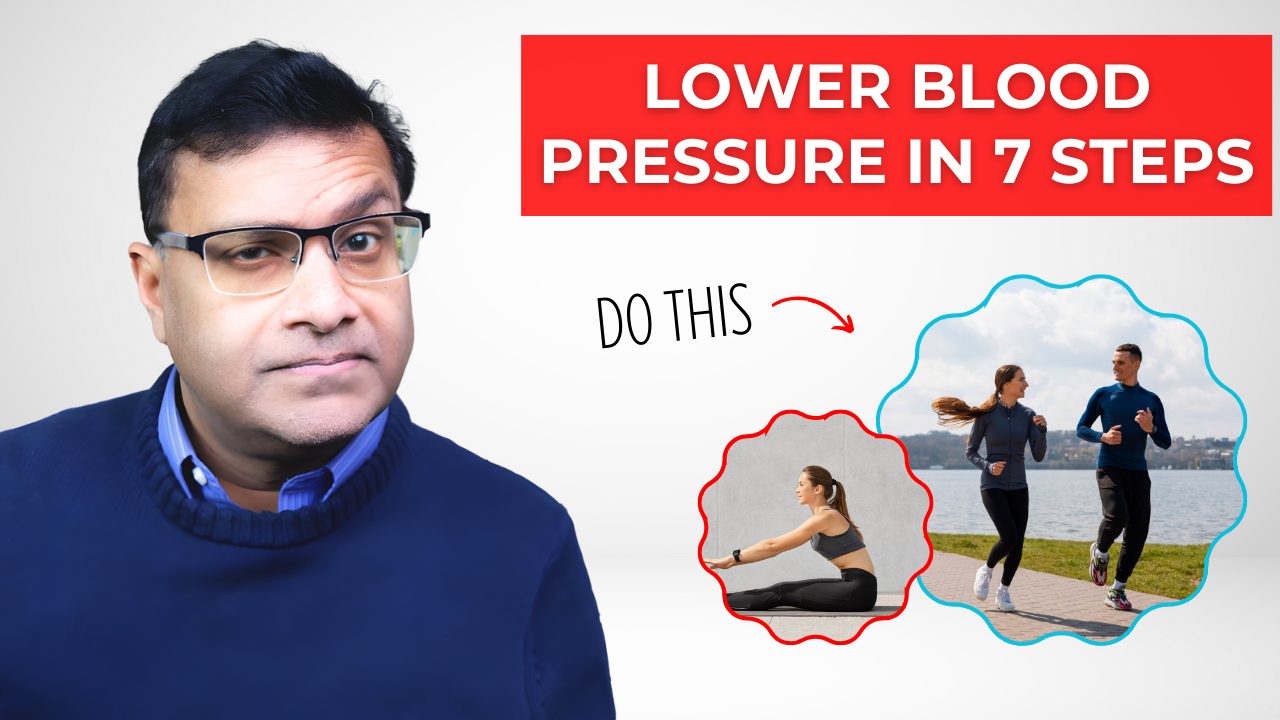1.Thyroid disease is not a rare cause of high blood pressure. In fact, both hypothyroidism (an underactive thyroid) and hyperthyroidism (an overactive thyroid) can contribute to high blood pressure.
In hypothyroidism, the thyroid gland doesn’t produce enough thyroid hormones, which can cause several symptoms including fatigue, weight gain, and high blood pressure. In hyperthyroidism, the thyroid gland produces too much thyroid hormone, which can cause symptoms such as weight loss, rapid heartbeat, and high blood pressure. Thyroid disease can also indirectly contribute to high blood pressure by causing changes in the heart and blood vessels. For example, hyperthyroidism can cause the heart to beat faster and harder, which can increase blood pressure.
If you have high blood pressure and suspect you may have a thyroid condition, it’s important to talk to your doctor. Thyroid disease is treatable, and managing the underlying condition can help to lower blood pressure and reduce the risk of complications.

2.There is evidence to suggest that low levels of vitamin D may be associated with an increased risk of developing high blood pressure. Vitamin D is an important nutrient that helps regulate blood pressure by promoting the production of a hormone called renin, which helps to regulate blood volume and pressure. However, the relationship between vitamin D and blood pressure is complex, and more research is needed to fully understand the role of vitamin D in hypertension. It’s important to note that while low vitamin D levels may contribute to the development of high blood pressure, it is not the only factor that affects blood pressure. Other lifestyle factors, such as diet, exercise, and stress, as well as genetic factors, can also play a role in the development of hypertension. If you have concerns about your blood pressure or vitamin D levels, it’s important to talk to your health care provider to determine the underlying cause and develop an appropriate treatment plan.

3.While sleep apnea is not a rare cause of high blood pressure, it is not a common cause either. However, it is a significant contributing factor to high blood pressure, especially in people who are already at risk for the condition. Studies have shown that as many as 30-70% of people with sleep apnea have high blood pressure, and treating sleep apnea can help lower blood pressure. Sleep apnea is a serious medical condition that can have a negative impact on overall health, so it’s important to seek treatment if you suspect you have the condition.
Sleep apnea is a medical condition that affects your breathing while you sleep. When you have sleep apnea, your breathing stops and starts repeatedly throughout the night. This happens because your throat muscles relax and block your airway, which can cause you to snore loudly or even stop breathing for short periods of time. This can lead to a decrease in the amount of oxygen in your body, which can cause you to wake up frequently during the night, feel tired during the day, and have other health problems.
4.White coat hypertension, also known as white coat syndrome, is not a rare cause of high blood pressure. It is a common phenomenon in which a person’s blood pressure is elevated when measured in a medical setting, such as a doctor’s office or hospital, but is normal at other times. This can be due to anxiety or nervousness related to being in a medical setting, which can cause the body to produce more adrenaline and increase blood pressure. While white coat hypertension is not a rare cause of high blood pressure, it is generally considered to be a benign condition that does not increase the risk of cardiovascular disease. However, in some cases, it can indicate that a person is at increased risk of developing hypertension or other cardiovascular problems, so it’s important to monitor blood pressure regularly, both in and outside of a medical setting.
Five things you can do to support your blood pressure:

Lose weight.
When we have too much extra fat in our body, our heart has to work harder to make sure our blood is going all around our body. This can make our blood pressure go up, which is not good for our body. If we lose some of that extra fat, our heart doesn’t have to work as hard and our blood pressure can go down. Losing weight can also help our body be less inflamed (angry) and make it easier for our body to use the sugar we eat, which can also help lower your blood pressure.
Exercise regularly.
When we exercise, our heart beats faster and stronger to help us move and play. This helps to make our heart stronger and healthier, which can make it easier for our heart to pump blood all around our body. When our heart is stronger and healthier, it doesn’t have to work as hard to pump blood, and this can help to lower your blood pressure. So, just like how playing and exercising makes our muscles stronger, it also makes our heart stronger and helps to keep us healthy!

Eat a healthy and balanced diet.
If you have high blood pressure, both the Dietary Approaches to Stop Hypertension (DASH) diet and the Mediterranean diet have been found to reduce blood pressure and support longevity.
When we eat a balanced diet, we give our body all the vitamins and nutrients it needs to stay healthy. This can help our heart and blood vessels be strong and work properly, which can lower your blood pressure. Eating healthy foods like fruits, vegetables, whole grains, and lean proteins can also help us maintain a healthy weight, which can help our blood pressure stay in a good range.

Reduce your stress.
When we feel stressed, our body also makes a hormone called cortisol. Cortisol helps our body deal with stress, but if we have too much of it, it can also make our blood pressure go up. So, it’s important to find ways to manage stress and help our body relax, like taking deep breaths, playing with friends, or doing something fun. This can help our body not make too much cortisol and keep our blood pressure in a healthy range.
If you are interested in other videos, click right here.
Have a good day and Think your health.
Sources:
https://drthinkyourhealth.com/
https://www.ncbi.nlm.nih.gov/p






